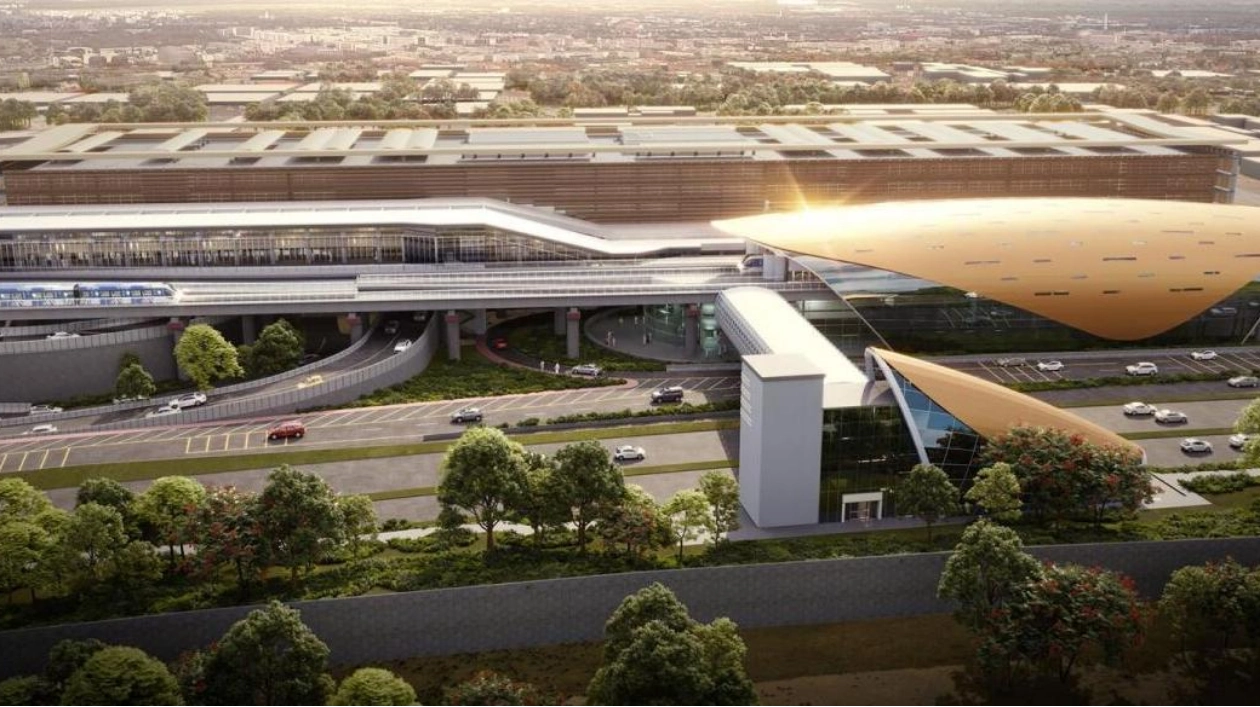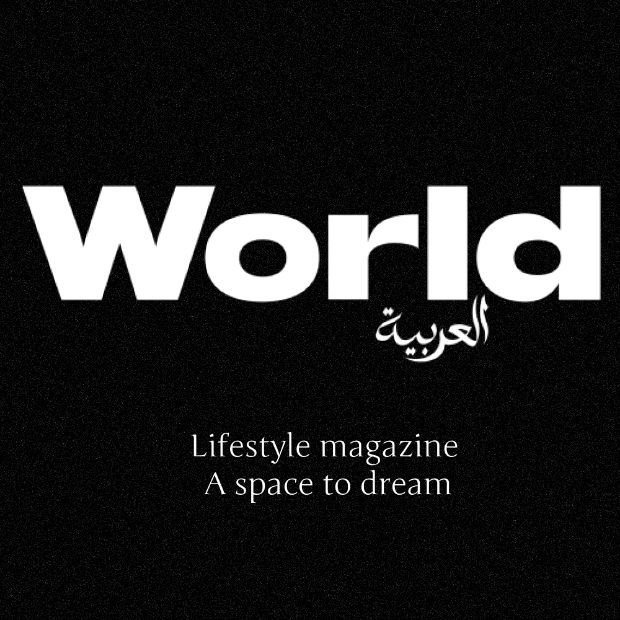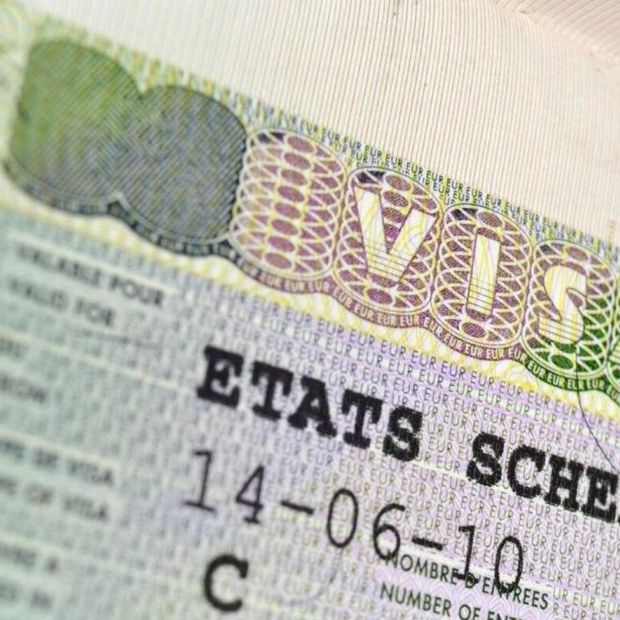Experts and urban planners believe that the expansion of the Dubai Metro over the next few years will undoubtedly help residents save both time and money. The objective, though, extends beyond merely extending the transportation network; it aims to enhance the livability of neighborhoods, a concept the government refers to as the '20-minute city' plan. Recently, the Executive Council of Dubai unveiled plans to increase the Dubai Metro from its current 64 stations (spanning 84 km) to 96 stations (140 km) by 2030, with the ambition to reach 140 stations (covering 228 km) by 2040. The plan is designed to "boost populations around stations and enhance the diversity of residential, commercial, office, and service spaces around the Metro."
"Expanding the metro system is an excellent beginning," said Dr. Monica Menendez, associate dean of Engineering for Graduate Affairs at New York University Abu Dhabi (NYUAD). She explained, "The concept of 20-minute cities is that residents should have access to most essential services and amenities within a 20-minute radius." To achieve this, a combination of transport policies aimed at expanding and improving multiple transport options, along with urban planning policies that foster denser and mixed-use neighborhoods, is necessary, she added. Dr. Menendez, who also directs the Research Centre for Interacting Urban Networks, emphasized that this project must be complemented by the expansion of other types of public transportation, more active modes of transportation, and the provision of more flexible concepts with the aid of new vehicle technologies.
Creating 20-minute cities will address the emirate's traffic congestion issues, according to Emirati traffic safety researcher Dr. Mostafa Al Dah. A recent study showed that Dubai motorists lost 33 hours in traffic congestion in 2023 compared to 22 hours the previous year. Dr. Al Dah, founder of MA Traffic Consulting, noted that the congestion is due to many residents living far from their work areas or schools and other essential locations. "They need to travel long distances, contributing not only to road congestion but also to increased spending on petrol and wasted time in traffic," he said. The development of 20-minute cities and improvements in public transport are crucial for the future, he emphasized, as they will reduce the need for car use and cut down on carbon emissions.
From a business perspective, Andrew Elliott, director Commercial Agency at Dubai-based Chestertons, observed that new transport links encourage more investment by developers and stimulate further urban growth and redevelopment. "The focus on sustainability and reducing carbon emissions will make properties near metro stations more attractive to environmentally conscious investors and residents," he added. Prof. Menendez noted that these changes do not occur overnight but can be achieved with the right vision and political will. She believes the UAE is capable of making these concepts a reality. Dubai can have multiple 20-minute neighborhoods or cities, where residents have access to most essential services and amenities within their neighborhood, even if they cannot travel across the entire city in such a short time.






